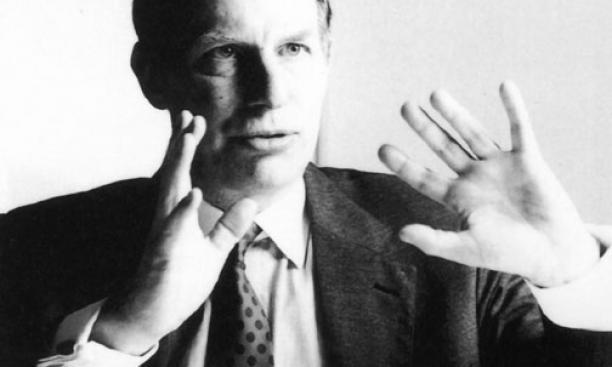

When journalist T.R. Reid ’66 wanted to ease the pain from a decades-old shoulder injury, he didn’t go only to his local doctor. He went to doctors in England, France, Germany, Japan, Canada, and India to see how they would treat his case — and used that quest as the starting point for a book and a pair of television documentaries that explore how different countries operate their health-care systems.
Through pure luck, Reid’s timing was impeccable: The Healing of America: A Global Quest for Better, Cheaper, and Fairer Health Care (Penguin Press) came out in late August, in the midst of a passionate debate over health-care reform, in which the contours of other nations’ health-care systems have taken center stage. Reid’s book details nuances, often overlooked in the high-voltage debate, in how each nation pays for care and organizes its health practitioners.
Reid outlines four basic models used around the world. In some countries, most notably the United Kingdom, the government owns most hospitals and employs many doctors; care is universal, financed by the tax system and free to the patient. In a number of other industrialized nations, including France, Germany, and Japan, both the doctors and insurers are private, but unlike the for-profit heath-insurance sector in the United States, these countries’ insurers either are nonprofits or are tightly regulated, in a way that typically limits costs and expands coverage. In a third model, used in Canada, a governmental entity pays the bills, but the medical providers are private. The fourth and final model is for health care to be readily available only to those who can afford to pay for it out-of-pocket.
Each model has drawbacks; the U.K. and Canadian systems, for instance, sometimes have delays for procedures done by specialists. In Japan, doctors are significantly underpaid. But each of the first three models, in Reid’s view, provides health care much less expensively, and with just as much quality and with greater universality than the U.S. system does.
Reid came up with the idea for the book in 2006. It fit with a theme of his reporting career, which was spent primarily as a Washington Post foreign correspondent. He traveled extensively around the world and always wondered what foreign countries do differently from the United States. That led to such books as Confucius Lives Next Door, a study of why crime rates are much lower in Asia. Reid began his research for The Healing of America by drawing on his own family’s experiences using doctors overseas during his Post years.
Reid’s research solidified his view that America needs to cover its uninsured. In fact, he believes so firmly in that goal that he put himself in contention for a vacant Colorado state House seat, on the grounds that state-by-state reform might be the way to get to universal coverage. (He wasn’t selected.)

